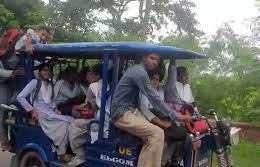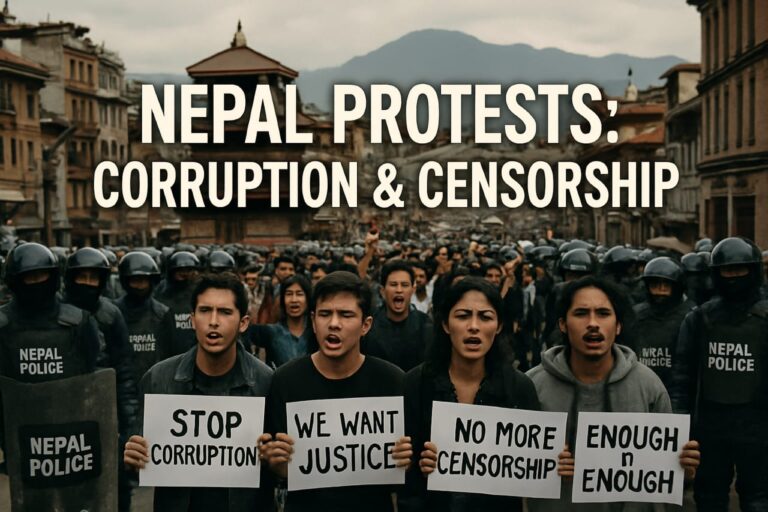
"Residents Demand Action as Rogue E-Rickshaws Overrun Guwahati Streets"
Guwahati, the traffic hub of Northeast India, is struggling with a worsening traffic situation—illegal e-rickshaws clogging main roads, flouting norms, and compromising public safety. Though intended for last-mile connectivity in small streets, these battery-powered vehicles are now frequently found on highways and main roads, leading to gridlocks, crashes, and irritation among locals.
Why Are E-Rickshaws a Problem in Guwahati?
1. Unauthorized Travel on Major Streets
E-rickshaws are legally prohibitted to remain on smaller roads and residential routes, but others disobey guidelines and travel along GS Road, AT Road, NH-37, and other major roads, causing traffic flow to slow and congestion to be on the rise.
2. Hazardous Riding & Overload
Most e-rickshaw drivers disobey traffic lights, ride on the wrong side, and make quick stops to hail passengers.
Overloading (carrying 6-8 passengers instead of 4) renders them unstable and accident-prone.
3. Lack of Enforcement
Even with regulations, enforcement is poor. Most e-rickshaws run without permits, licenses, or insurance, but the authorities hardly punish them.
4. Pedestrian Safety at Risk
With e-rickshaws taking over footpaths and driving recklessly, senior citizens, schoolchildren, and daily commuters are in constant danger.
What Needs to be Done? Fixes for a Smoother Guwahati
1. Laying Down and Strict Enforcement of Existing Rules
- Traffic police need to undertake frequent crackdowns on illegal e-rickshaws operating on highways.
- Heavy penalties and vehicle seizure of those violating rules.
2. Designated Route & Parking Zone
- Keep e-rickshaws away from main roads and limit them to feeder routes.
- Develop specific pick-up/drop points close to markets, bus stops, and metro stations.
3. Driver Training & Licensing
- Mandatory driver training and licenses for e-rickshaw drivers to enhance road discipline.
- Publicity campaigns on traffic rules and penalty for breaking rules.
4. Promote Organized E-Rickshaw Services
- Induce app-based e-rickshaw services (such as SmartE in Delhi) for easy regulation.
- Issue restricted permits to manage counts and avoid oversaturation.
5. Enhance Public Transport Options
- Increase city metro and bus services to minimize reliance on e-rickshaws.
- Bring in compact electric buses for the last mile connectivity.
What Should Residents Do?
- Inform illegal e-rickshaws to traffic police through helpline or apps.
- Do not overloading while availing e-rickshaws.
- Build support for more stringent policies through creating awareness at local levels.
Conclusion: Time for Action



